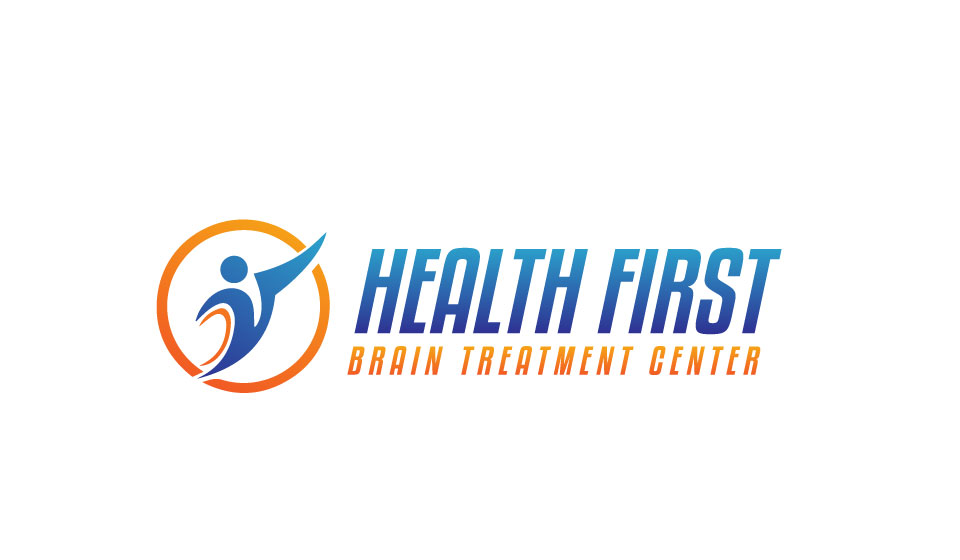MeRT for Depression
Magnetic Resonance Therapy is a procedure that uses magnetic fields to stimulate nerve cells in the brain to improve symptoms of major depression. It’s called a “noninvasive” procedure because it’s done without using surgery or cutting the skin. Approved by the U.S. Food and Drug Administration (FDA), Magnetic Resonance usually is used only when other depression treatments haven’t been effective.
The FDA also approved TMS for obsessive-compulsive disorder (OCD), migraines and to help people stop smoking when standard treatments haven’t worked well. Research continues into other potential uses for MeRT, including epilepsy. When used for depression, OCD, autism and concussions, this treatment involves delivering repeated magnetic pulses, so it’s called Magnetic Resonance Therapy.
During an Magnetic Resonance Therapy session for depression, an electromagnetic coil is placed against the scalp of your head. This coil delivers magnetic pulses that stimulate nerve cells in the region of your brain involved in mood control and depression. It’s thought to activate regions of the brain that have decreased activity during depression.
Depression is a treatable condition. But for some people, standard treatments aren’t effective. Repetitive Magnetic Resonance may be used when standard treatments such as medicines, and talk therapy, known as psychotherapy, don’t work.
MeRT is sometimes used to treat OCD, migraines and to help people with concussions after other treatments have not been successful. Magnetic Resonance Therapy does not require surgery or implanting electrodes. And, unlike electroconvulsive therapy (ECT), Magnetic Resonance Therapy doesn’t cause seizures or memory loss. It also doesn’t require the use of anesthesia, which puts people in a sleep-like state.
After completing an Magnetic Resonance Therapy treatment series for depression, standard care — such as medicine and talk therapy — may be recommended as ongoing treatment. It’s not yet known if maintenance Magnetic Resonance Therapy sessions will benefit your depression. This involves continuing treatment when you are symptom-free with the hope that it will prevent the return of symptoms.

